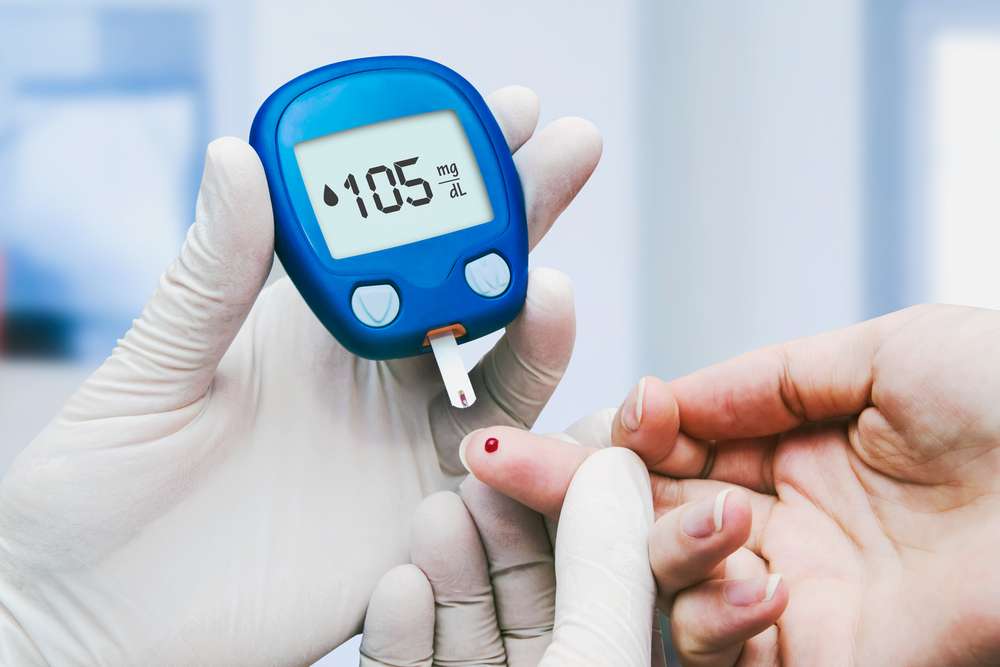
Exploring Incretins and Their Role in Cardiovascular Health in Type 2 Diabetes
GLP-1 receptor agonists (GLP-1RAs), regardless of their similarity to GLP-1, offer substantial cardiovascular protection in individuals with type 2 diabetes. They provide benefits such as improved insulin function, weight loss, blood pressure reduction, and better lipid profiles, along with potential anti-inflammatory and antioxidant effects. These findings have led to recommendations for their use in mitigating cardiovascular risk in type 2 diabetes, and emerging dual and triple incretin receptor agonists hold promise for further enhancing cardiovascular protection.
Current Landscape:
Cardiovascular disease (CVD) is a significant concern for individuals with type 2 diabetes. GLP-1RAs (Glucagon-Like Peptide-1 Receptor Agonists) have transformed type 2 diabetes management by addressing glucose control, body weight, and cardiovascular risk. Guidelines now advocate early GLP-1RA initiation for individuals with type 2 diabetes who have established atherosclerotic cardiovascular disease (ASCVD) or are at high cardiovascular risk.
Emerging Trends:
The field of incretin-based therapies is evolving with the introduction of dual and triple agonists that activate multiple incretin receptors simultaneously. Co-agonists demonstrate greater effectiveness against cardiovascular risk factors compared to single agonists, hinting at potential advancements in cardiovascular risk reduction.
Future Outlook:
Existing evidence strongly supports the cardiovascular protection provided by GLP-1RAs in type 2 diabetes patients. Initial observations suggest potential benefits extending to non-diabetic individuals at high cardiovascular risk, including those with obesity, chronic kidney disease (CKD), non-alcoholic steatohepatitis, and heart failure (HF). Combining GLP-1RAs with SGLT2 inhibitors, another class of glucose-lowering agents known for cardiorenal protection, is gaining support. A more comprehensive classification of type 2 diabetes and a deeper understanding of its heterogeneity may enable personalized treatments aligned with the concept of precision medicine in diabetes care.
Source: Solini A, Tricò D, Del Prato S. Incretins and cardiovascular disease: to the heart of type 2 diabetes?. Diabetologia. 2023 Aug 5:1-2.
Reference Link:
